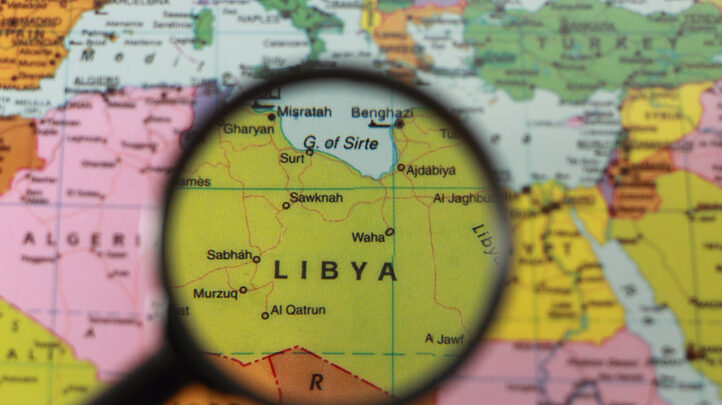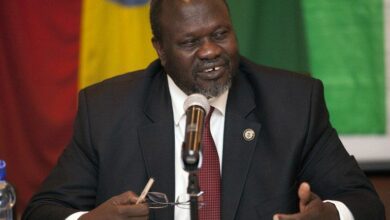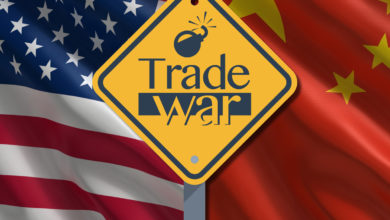World
Libya: Berlin Summit Participants Agree To Strengthen Arms Embargo

World leaders seeking to resolve Libya’s long-running conflict on Sunday agreed to refrain from interference in the internal affairs of Libya and provide no further military support to the warring parties while a ceasefire lasts, reported Reuters.
The conflict pits the military-led by powerful General Khalifa Haftar against the forces led by UN-backed Government of National Accord (GNA).
Berlin conference hosted 11 countries including France, Italy, the United Arab Emirates, Turkey, Egypt, Russia, the US, and the UK, and international as well as regional organizations to discuss solutions to the Libyan military conflict. Russia’s President Vladimir Putin, Turkish President Recep Tayyip Erdogan, French President Emmanuel Macron and UK Prime Minister Boris Johnson joined other global leaders at the talks.
“We agreed on a comprehensive plan forward,” German Chancellor Angela Merkel said at Sunday’s peace summit. “We all agree that we should respect the arms embargo and that the arms embargo should be controlled more strongly than it has been in the past.”
Merkel stressed there was no military way to end the conflict, but only a political solution.
Fayez al-Sarraj, the head of Tripoli’s internationally recognized government, and his rival military commander Khalifa Haftar, also attended the UN-backed gathering in the German capital. But, the two warring leaders did not meet.
Meanwhile, UN Secretary-General Antonio Guterres announced the formation of the 5+5 committee and added it will start meeting next week. He reiterated that all participants have agreed that there can be no military solution to the Libyan crisis despite the fact that some of them may have been part of the conflict.
Guterres said that the participants in Berlin had all sent a message that the solution in Libya is peaceful and said they were all committed to this track and would not intervene in the conflict.






